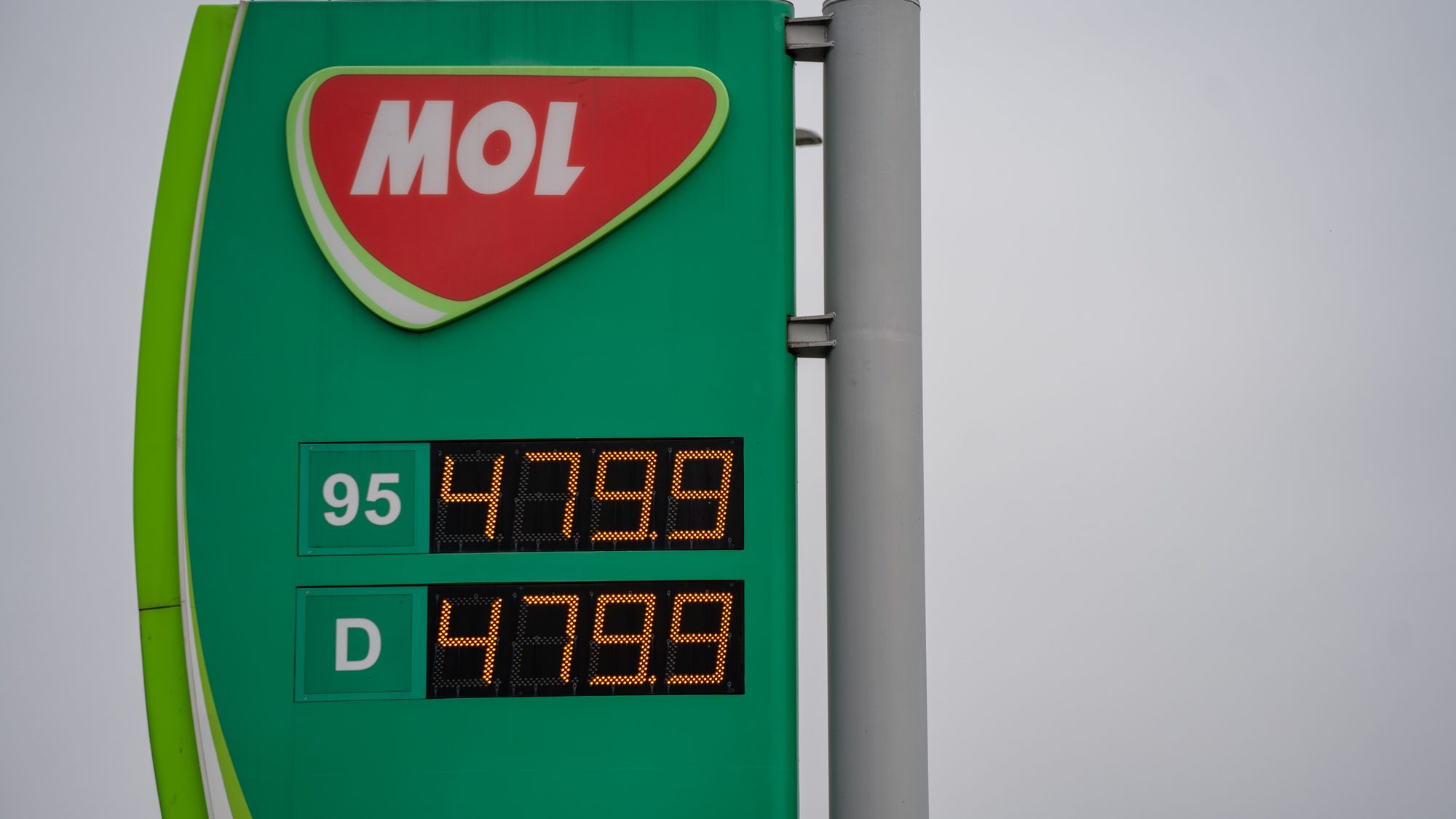Hungary’s system for capping fuel prices for Hungarians and charging foreign nationals significantly more must come to an end, wrote Thierry Breton, the European commissioner for internal markets, in a letter to the Hungarian government.
Breton argues that the dual pricing model for Hungarian and foreign nationals is likely discriminatory, Reuters reports.
Breton addressed his letter to Hungarian Minister of Technology and Industry László Palkovics. According to the commissioner, vehicles with license plates from other EU countries have to pay 50-60 percent more for fuel than vehicles with Hungarian license plates, a form of indirect discrimination, which he contends is contrary to EU rules.
[pp id=35093]
On the one hand, Breton asked Palkovics for information as to the reasons for the measure and how long the gas cap would last. He also wrote to the Hungarian minister that dual gas prices could be considered a violation of EU law and called on Hungary to suspend the fuel price cap until compliance with EU law is ensured.
“I am asking you to provide an answer as to the justification and duration of the measures that may constitute an infringement of EU law,” he wrote
According to the EU commissioner, the European Commission reserves the right to initiate urgent infringement proceedings, which could eventually lead to legal proceedings and possible fines against Hungary.
Last year, the Hungarian government decided to introduce a retail fuel price cap on Nov. 15, which was set at 480 forints per liter (€1.21). The government then also capped the wholesale price of fuel at 480 forints starting Feb. 28, thus contributing to the more competitive operation of retail gas stations.
High demand for cheap Hungarian fuel from neighboring countries forced the government to restrict the sale of price-capped fuel to cars with Hungarian registration. Premium fuels, however, remain available at market prices for all motorists.
If the EU has its way, Hungary may have difficulty maintaining its price cap for Hungarian citizens, as high demand from foreign nationals could lead to supply shortages within the country.






